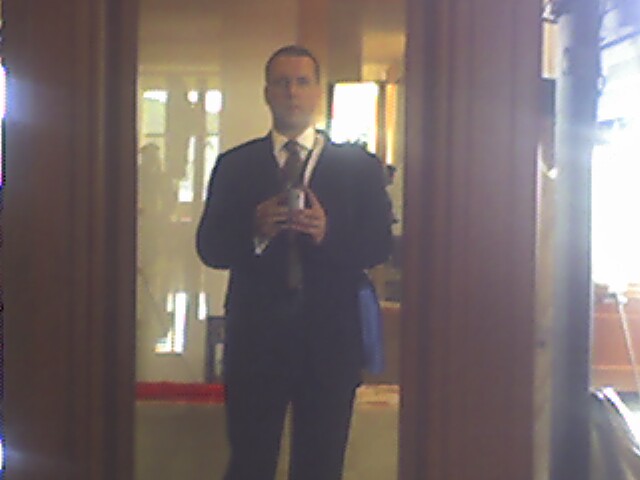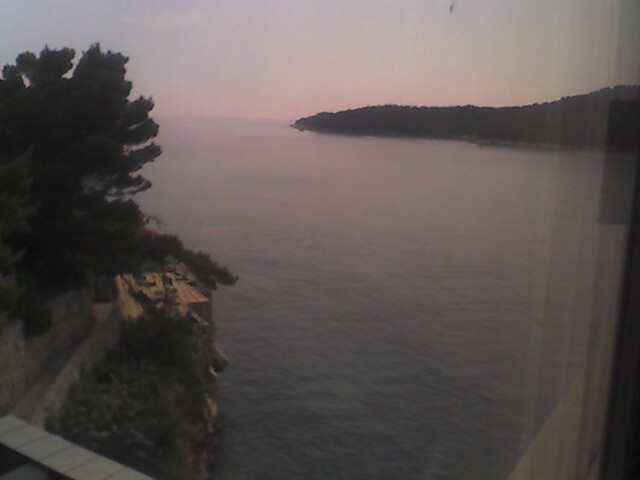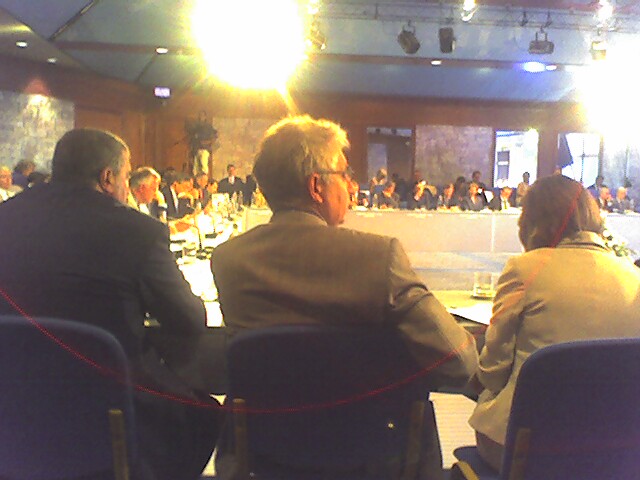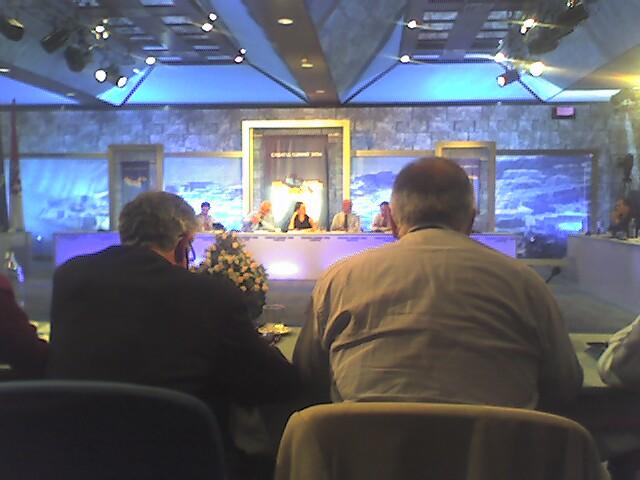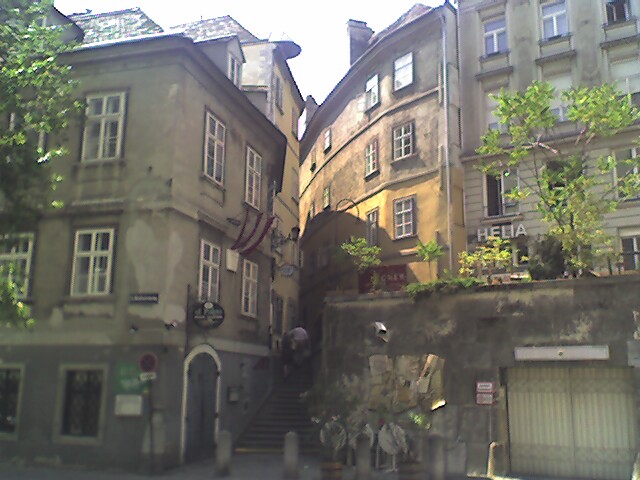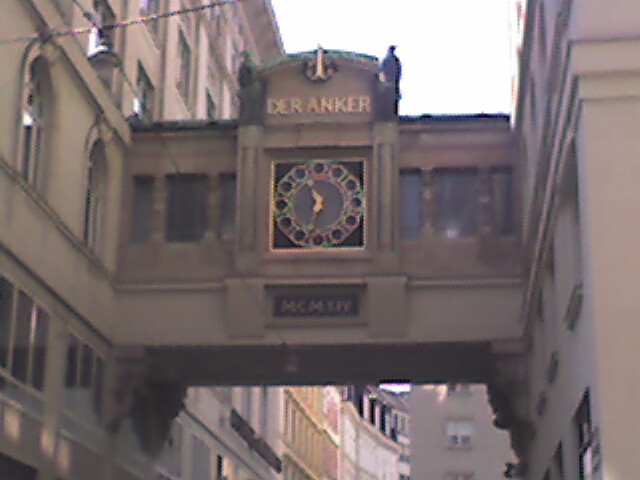ARTICLE: "China's Golden Cities," by David Dollar, Newsweek, 10 July2006, p. 65.
Reading all this back and forth among bloggers on the China book "Will the Ocean Sink the Boat," [Ed. mainly in an email thread] I am reminded of my simultaneous criticism and praise of old buddy Minxin Pei's recent work on corruption among the party in China: good and solid stuff that I do not deny, I just don't extrapolate as much of China's future on that one parameter as he chooses to.
An article that serves as partial counterbalance to both Pei and the "Boat" book is this neat one by the always impressive David Dollar from the World Bank (his co-authored book on globalization was a mainstay source for my work with Cantor and my first book for PNM--he is just stunning good on whatever he produces).
His article just attacks the notion that the impact of China's boom, both good and bad (as he puts it) is concentrated just in the coastal cities.
His article leverages interviews by the WB of 12,400 firms in China spread out over 120 cities.
Biggest point: no correlation between fast growth and the "breeding of corruption or pollution."
Basic notion: Cities that feature best climates for investment tend to be ones with lower state-run enterprise quotients. Those more burdened by SREs tend to be heavier in content (thus more polluting), plus they tend to resist reforms to protect what they've got and don't want to lose.
Meanwhile, the really positively blooming cities are those that were all industrial backwaters back in 1978, when this all began, and thus they were able to work off a cleaner slate, thus keeping it all cleaner both corruption- and pollution-wise. That's why the cities with the most square meters of green space per capita are also the best places for investors.
But getting to the "Boat" argument: I think it just shows the growing pressure to extend private land ownership rights to the rural areas, as I've blogged earlier. The speculation driving the corruption is feeding off that lack of a rural rule set, which has long existed in the urban areas. Once land in the countryside gets properly revalued, watch Chinese ag really take off from the shot of new capital and watch the population shift to the cities pick up even more speed.
All this says that China, as Zenpundit points out [Ed. in the aforementioned email thread], has a huge rural population with a huge development claim on China's emerging wealth creation. So does China get old before it gets rich? Sure. Does it also get hugely urbanized before it gets rich? Sure. Do those sequences make it that much harder for China to be confrontational with the outside world? You bet.
I don't expect the land reform to happen in Hu/Wen's second term. Really see it breaking in first term of 6th generation, primarily in response to Hu and Wen's tepid efforts and the overall mounting pressure described in things like the "Boat' book, which--again--I think is good and accurate. It just needs to be contextualized a bit.
These are not questions re: China's future civil wars or break-up. This is what I mean by caboose braking, or the rural interior of any state tending to set the lower speed limits on globalization, which --as always--is overwhelmingly a domestic policy question.
 Thursday, July 13, 2006 at 6:01PM
Thursday, July 13, 2006 at 6:01PM 








